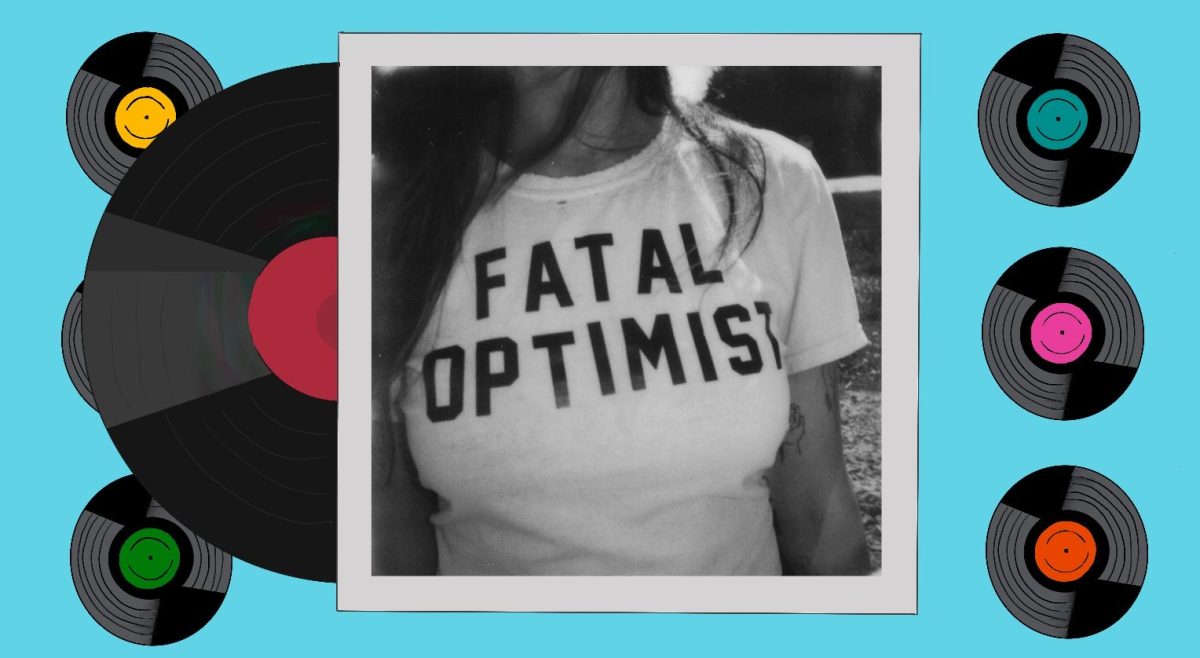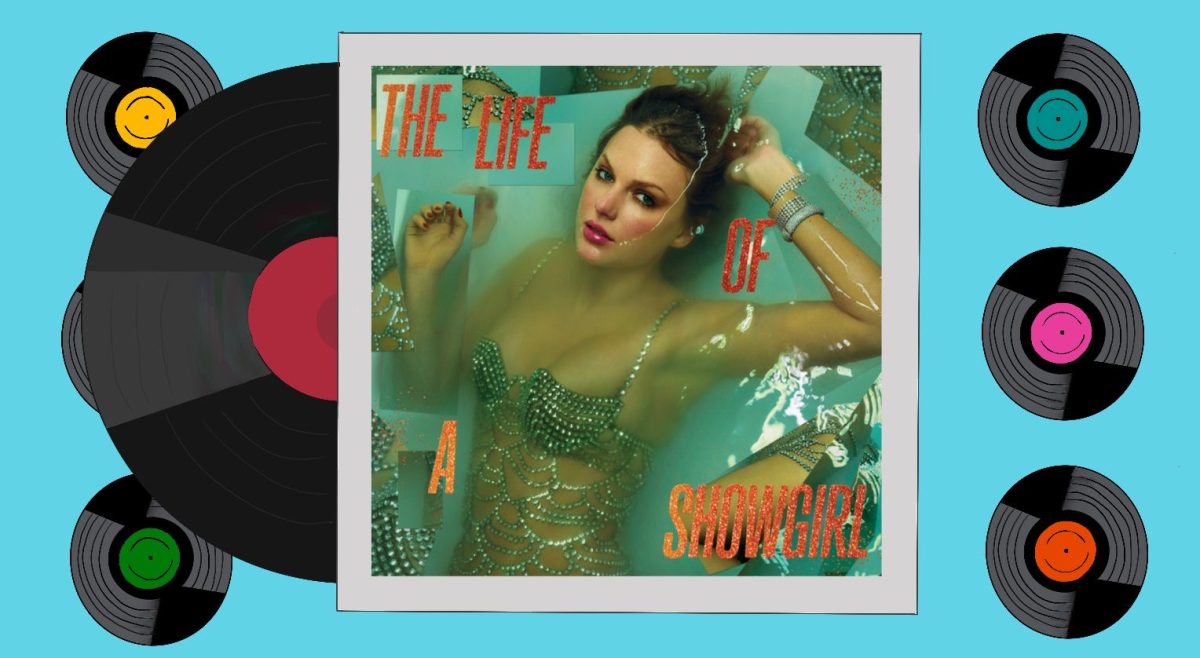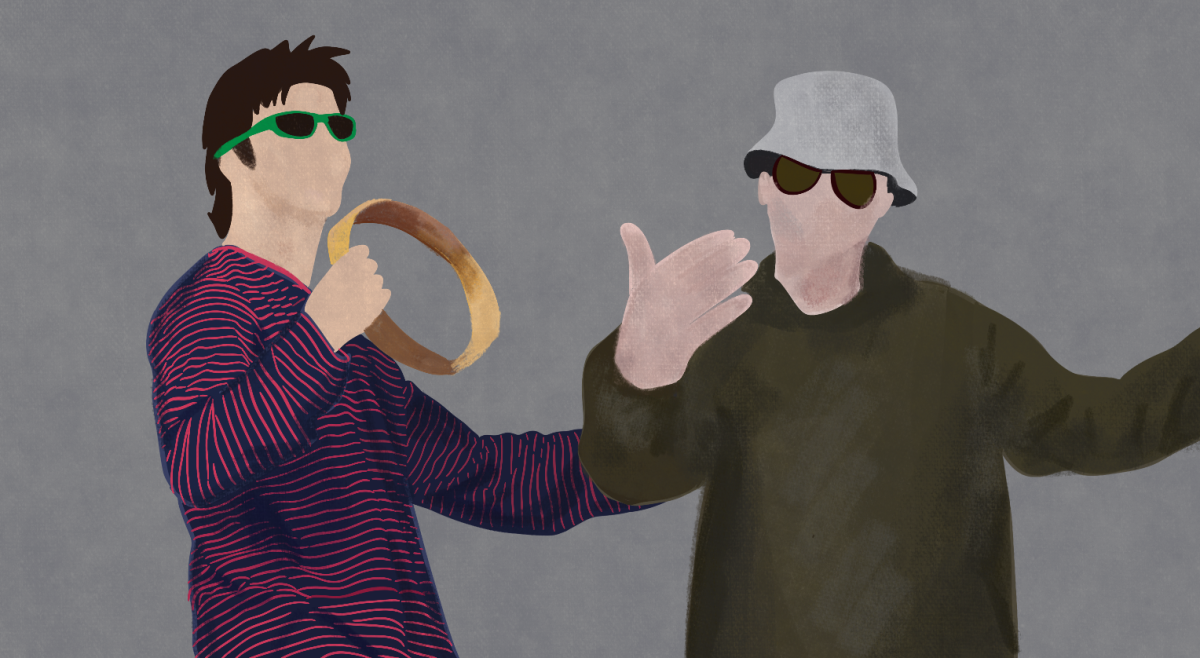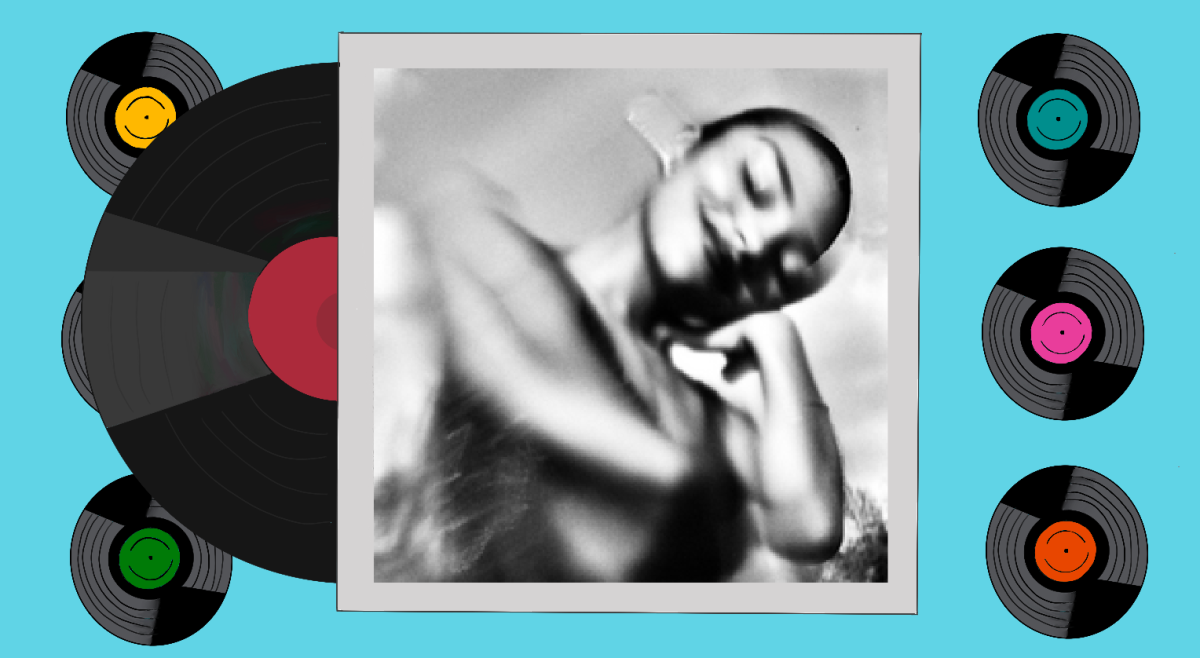★★★★☆
You may know her as an opener for Harry Styles back in 2023, but Grammy-nominated American singer Madi Diaz is making a name for herself. Her new album, Fatal Optimist, articulates complex emotional vulnerability in the wake of heartbreak.
This breakup album zeroes in on the feelings of isolation and self-reflection that occur after losing a romantic partner. Diaz’s introspection includes reflection on past patterns and personal habits that make her imperfect. Fatal Optimist can be classified as more of a cry-to album rather than a feel-good listening experience.
Diaz began her career in 2007 and has been highly praised in the world of alternative and indie music. The production style of ‘Fatal Optimist’, characterized by raw charm and simplicity, allows Diaz’s voice to speak for itself without the embellishments of excessive instrumentation—most songs are supported solely by an acoustic guitar.
Opening with “Hope Less,” the first track plays with the nature of desire and shortcomings. The keyword “less” applies to wanting less, needing less, and hoping less. The slow tempo and moody strums of the guitar give the song a wistful tone, evoking relatable emotions of both self-disgust and self-acceptance.
Diaz’s singing style here is like soft-spoken poetry: It’s charming, but not a catchy melody that will get stuck in your head.
“Hope Less” is a double entendre, both a command and a feeling. Diaz alludes to a past partner encouraging her to expect less from circumstances and feel less. Diaz’s tendency to want too much results in disappointment when reality doesn’t match expectations.
“I can find all of the parts of myself / I can undress / Hope less,” Diaz sings.
The third track, “Feel Something,” targets the physicality of the lost relationship. Diaz describes wanting to forget her past partner while, at the same time, longing to be lusted after by them again.
This song picks up the album’s tempo, and Diaz sings quickly and passionately. The ending of the song turns louder and wraps up in a repetition of “I might feel something.” The stream-of-consciousness style of songwriting is backed by a quickening of the guitar, though the instrumentals only shine toward the end.
Diaz focuses on wanting to feel the physicality of something because her present state feels numb and unfeeling. The equating of emotional feeling, or lack thereof, with desire for physical feelings, is a vulnerable expression of how Diaz longs for a tether back to reality.
Track six, “Heavy Metal,” marks a slight tone shift from her formerly soft-spoken singing into a deeper voice, as well as a deeper reflection beyond romantic limerence. The lyrics start by comparing herself to her mother, involving themes of aging, individuality, and frustrating personality patterns.
“I’ll show you what I’m made of / It’s not gold, it’s not platinum / It’s not silver, it’s not special”
Diaz sings. “It’s a good thing my heart is so heavy metal.”
Diaz sings that she had to go through a “melt-down,” symbolizing the weight and heaviness of her heart while also alluding to mental exhaustion. Diaz’s gentler vocals, paired with a more rhythmic guitar instrumental, set the tone and tempo of this song in a balanced, catchier way.
The final track on the album, “Fatal Optimist,” is an oxymoron that contrasts elements of death and gloom with positivity. The song picks up the pace just as the album rounds out. Drums and stimulating production make this song more uplifting and pop-like, with stronger vocals than other softer songs on the album.
Diaz reaches a final stage of self-reflection, where she’s done wallowing, is ready to admit her flaws, and can embrace herself for being who she is: a fatal optimist.
“I hate being right,” Diaz chants again and again throughout the song, as if she’s screaming it to herself in frustration.
Diaz describes feeling remorse over the fact that she is always “right” from the get-go about situations being bad, but still chooses to follow through out of hope that the outcome could be different this time.
This closing song is a continuation of characteristics portrayed throughout the album, but rather than feeling self-remorse or judgment, she chooses to laugh at herself and the irony of her optimistically doomed patterns, ending the album with a metaphorical shrug and acceptance of who she is.








